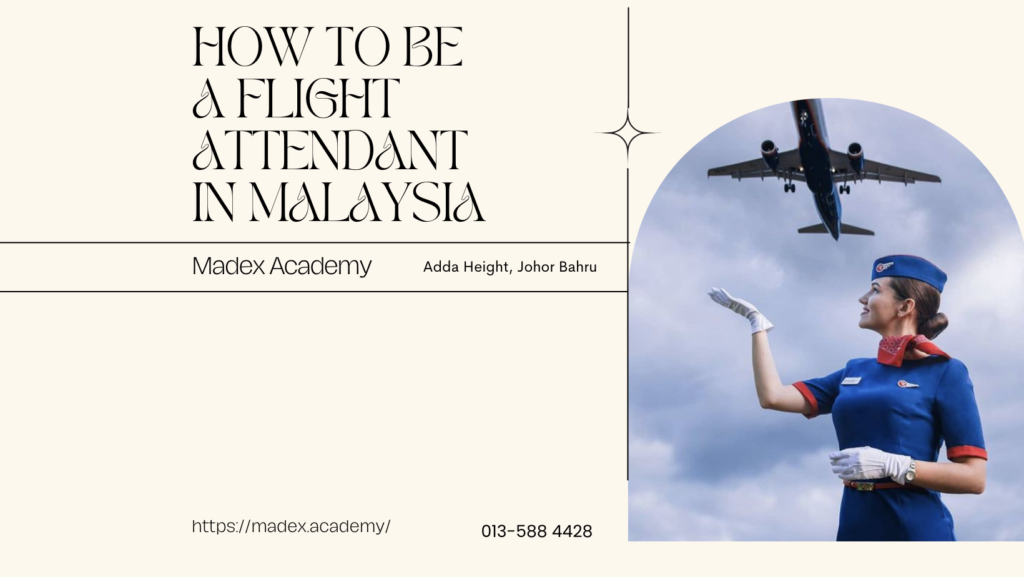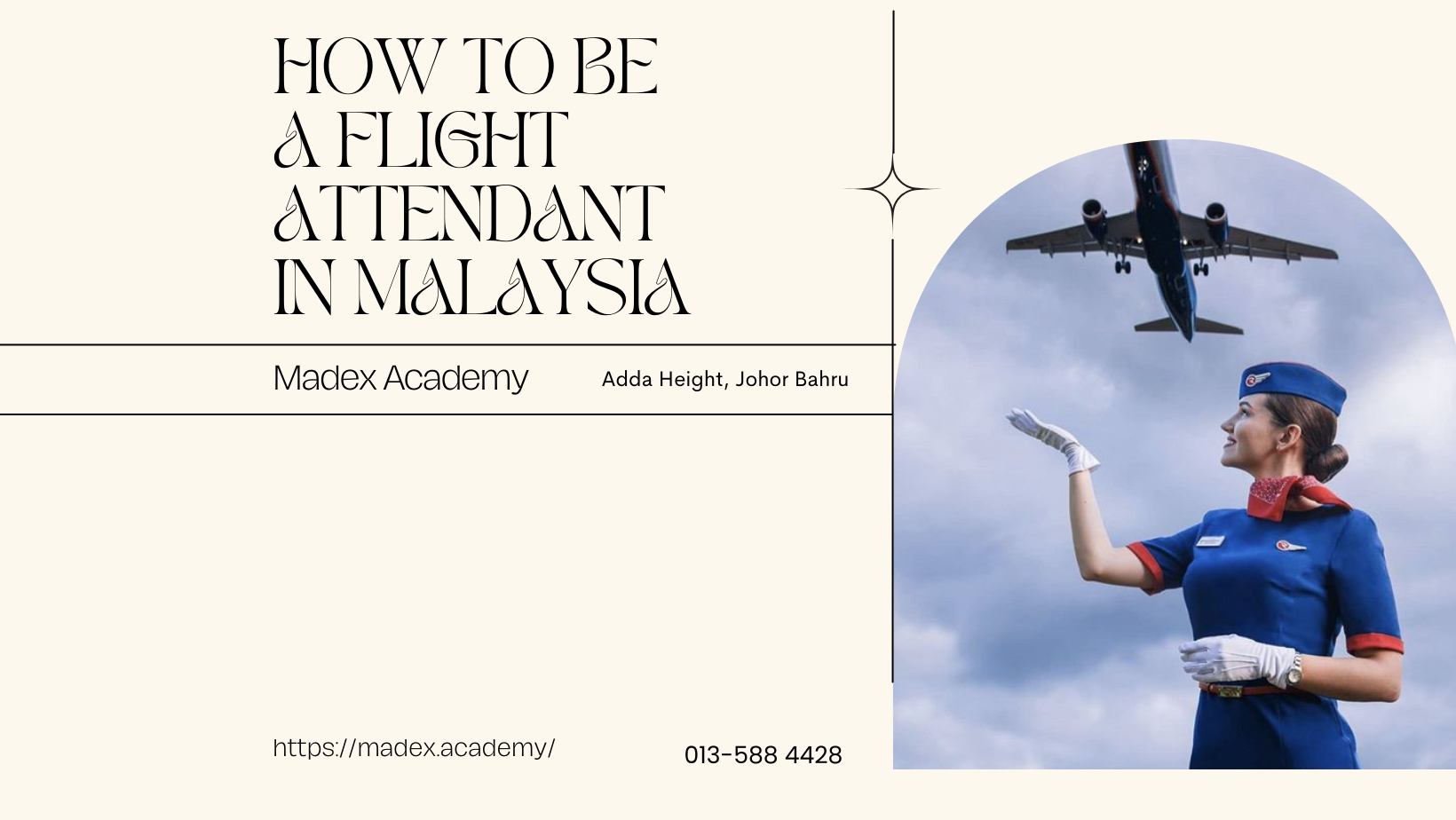Introduction
So, you’re dreaming of flying the friendly skies as a Flight attendant in Malaysia? It’s an exciting career choice filled with adventure, new experiences, and a chance to see the world. But how do you get started?
Understanding the Role of a Flight Attendant
Key Responsibilities
As a flight attendant, your main role is to ensure passenger safety and comfort. This includes conducting safety checks, demonstrating safety procedures, handling emergencies, providing excellent customer service, assisting with boarding, and addressing passenger needs during the flight.
Skills Required
To succeed as a flight attendant, you need strong communication skills, empathy, and the ability to stay calm under pressure. You should be adaptable, as each day can bring different challenges. Physical stamina and the ability to work irregular hours are also essential.
Educational Requirements
Basic Qualifications
The minimum educational requirement to become a flight attendant in Malaysia is typically a high school diploma or equivalent. However, having additional qualifications can give you an edge in the competitive selection process.
Preferred Degrees and Certifications
While not always mandatory, degrees in hospitality, tourism, or communication can be beneficial. Additionally, certifications in first aid, CPR, and emergency procedures are highly valued by airlines.
The Application Process
Preparing Your Resume
Your resume should highlight relevant skills and experiences, such as customer service roles, language proficiency, and any certifications you hold. Tailor your resume to each airline’s specific requirements.
Crafting a Cover Letter
A compelling cover letter can set you apart from other candidates. Explain why you want to be a flight attendant, why you’re interested in that particular airline, and how your skills make you a perfect fit for the role.
Online Applications
Most airlines in Malaysia accept online applications. Make sure to follow the instructions carefully, fill out all required fields, and double-check your information before submitting.
Attending Open Days
Airlines often host open days where you can meet recruiters and learn more about the job. These events are great opportunities to make a good impression and ask questions about the application process.
The Interview Process
Types of Interviews
The interview process for flight attendants can include group interviews, one-on-one interviews, and panel interviews. Each type of interview assesses different skills and qualities, such as teamwork, communication, and problem-solving abilities.
Common Interview Questions
Be prepared to answer questions about your previous work experience, how you handle difficult situations, and why you want to work for the airline. Practicing your answers can help you feel more confident during the interview.
Training Programs
Pre-Employment Training
Once you’re hired, you’ll undergo extensive training that covers safety procedures, customer service, and emergency response. This training is rigorous and usually lasts several weeks.
In-Flight Training
After completing classroom training, you’ll participate in in-flight training. This hands-on experience is crucial for learning how to handle real-life situations on board.
Lifestyle and Work Environment
Work Schedule
Flight attendants often work irregular hours, including nights, weekends, and holidays. Your schedule can vary widely from week to week, depending on flight assignments.
Balancing Work and Personal Life
Balancing a demanding job with personal life can be challenging. It’s important to develop good time management skills and find ways to relax and recharge during your time off.
Career Progression
Promotion Opportunities
With experience, flight attendants can move up to senior positions, such as lead flight attendant or purser. These roles come with increased responsibilities and higher salaries.
Additional Training and Certifications
Pursuing additional training and certifications can open up further career opportunities. For example, specialized training in areas like medical emergencies or language skills can make you a more valuable asset to the airline.
Challenges and Rewards
Common Challenges
The job of a flight attendant comes with its own set of challenges. Long hours, dealing with difficult passengers, and the physical demands of the job can be taxing. However, developing coping strategies can help manage these challenges effectively.
Rewards of the Job
Despite the challenges, being a flight attendant is highly rewarding. You get to travel to different parts of the world, meet new people, and experience diverse cultures. Additionally, many airlines offer excellent benefits, including travel perks and health insurance.
Conclusion
Becoming a flight attendant in Malaysia is a fulfilling career path that requires dedication, resilience, and a passion for helping others. By understanding the requirements, preparing thoroughly, and embracing the challenges, you can embark on an exciting journey in the aviation industry.
Interested in becoming a flight attendant? Check out our guide: “Cabin Crew Training: The Ultimate Guide to Soaring Success.”
.

Are you excited to begin your journey into flight attendant preparation? Join Madex Academy’s Flight Attendant FREE trial class!






